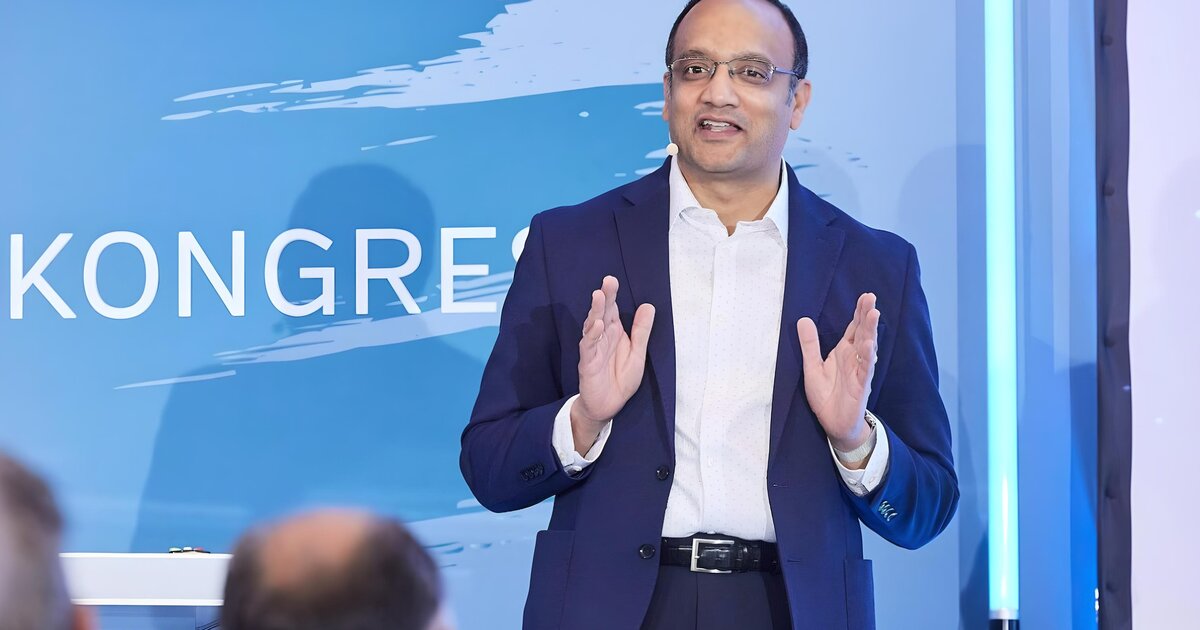
Q: Individualised travel experiences are now a core demand from travellers. Personalisation has been an industry focus for years yet remains a challenge to implement effectively. Why is that?
A: Making travel more personalised remains a challenge due to real-time decision-making, data privacy, and scalability. In addition, we live in a world where the same individual can have different personal preferences based on their travel context. AI can refine recommendations but integrating them smoothly into booking systems isn’t always straightforward. Privacy laws restrict access to and sharing of customer data, often forcing companies to rely on assumptions that may reduce accuracy. Expanding personalisation across flights, hotels, and extras while ensuring consistency adds another layer of complexity. Progress depends on collaboration—airlines, agencies, and technology providers must work together to simplify processes, enhance AI insights, and improve the traveller experience.
Q: How does that fragmentation affect travel agencies and retailers on a practical level?
A: It creates inefficiencies that agencies have to navigate daily. Different content sources mean different workflows, especially for post-booking services like changes, refunds, or cancellations. Traditional GDS content is largely uniform in how it’s managed, but with NDC and low-cost carrier content, those processes can vary significantly. The result is added complexity for agencies and, ultimately, a more fragmented experience for travellers who expect smooth service no matter how they book.
Q: How can the industry solve this fragmentation challenge?
A: As airlines continue to adopt different distribution strategies, the challenge is not just aggregating content but delivering it in a way that is consistent, scalable, and retail-ready. At Sabre, our goal is to create a multi-source marketplace where agencies can access content from multiple providers through a single, streamlined workflow, enabling them to shop, service, and personalise offers more effectively. By investing in intelligent technology and AI-driven capabilities, we’re ensuring that agencies and travellers alike benefit from a seamless, flexible booking experience, no matter how or where they choose to book.
Q: Beyond fragmentation, what other obstacles stand in the way of effective personalisation?
A: Access to content is one thing, but personalisation also depends on how well travel providers understand their customers. The travel booking process generates a huge amount of data, but making sense of it quickly enough to deliver relevant offers is a significant challenge. AI helps to analyse behavioural patterns and predict what a traveller is likely to be interested in – even when direct customer data is limited. That said, AI isn’t a one-size-fits-all solution; it needs to be adapted to the complexities of travel retailing and used in ways that genuinely enhance the traveller experience.
Q: What do you consider as the most impactful application when it comes to personalisation?
A: AI has the potential to make personalisation more scalable and precise. Instead of relying on broad customer segments, AI can detect more detailed booking behaviours and tailor offers accordingly. One area where it can be particularly effective is bridging the gap between airlines and intermediaries. Airlines don’t always have full visibility into traveller behaviour in indirect channels, but AI can help predict what a traveller might need based on past trends. The key is using AI not just to analyse data, but to translate those insights into better, more relevant options for the traveller.
Q: Looking ahead, what needs to happen for personalisation to move from an ambition to a reality?
A: The industry needs to take a more connected approach. If content remains fragmented, personalisation will always be limited. At the same time, AI has to be integrated in a way that allows real-time decision-making without adding unnecessary complexity. Most importantly, collaboration across the industry is essential. Personalisation isn’t something any one company can solve alone it requires airlines, agencies, and technology providers working together to create a seamless, intelligent retailing experience.





